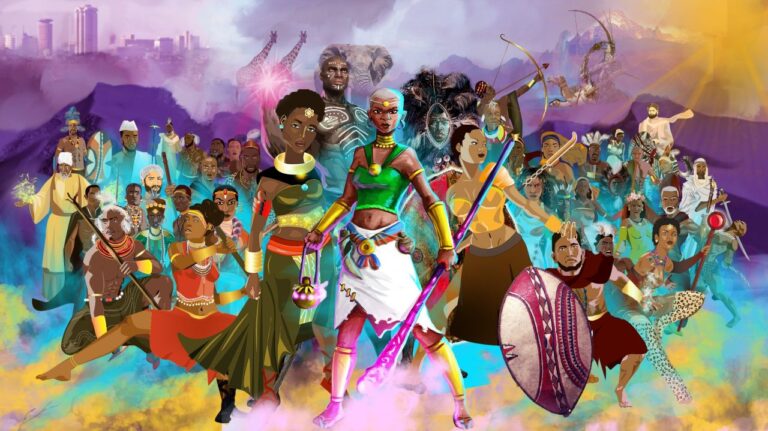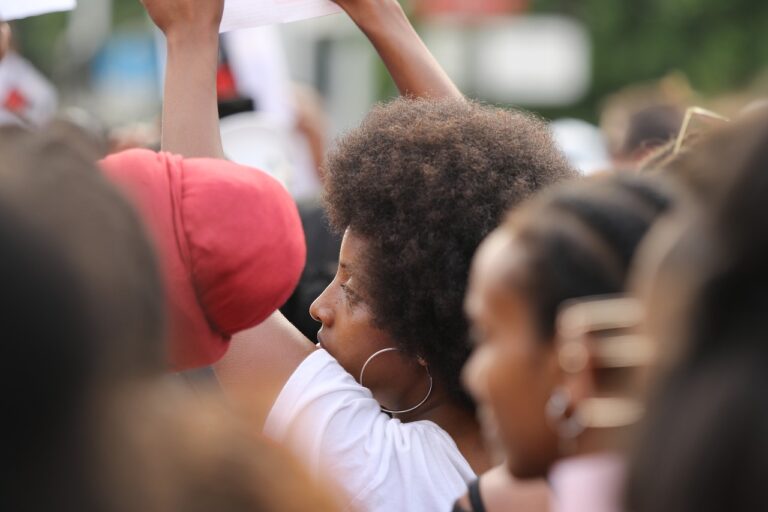Rethinking your Business Model in the New world of work
The type of work we do, where, how, and with whom we do it with, is what I find most exciting about this new world of work. I believe that the new world of work gives us a level of freedom we have not experienced in traditional working models and with that, taking away a load of time and financial pressure. . Those individuals and businesses who have been able to do this, I believe have developed a different mindset – open, curious, and focused on value for all. For others though, I believe it will take a lot of unlearning and relearning to get there.
It took me a while to develop the right mindset. Looking back at my business journey, I recognise that for the longest time, I was insecure about my business. I did not have a sprawling office, with 5plus employees in a sexy location. Ridiculous right? Well yes and no. No, it is not ridiculous because the model of what looked like a successful business is one that owned all these assets, had space at an office park with a bunch of employees with benefits, etc. Yes, it is ridiculous because that is not something to care about if it is not right for your business. Business is about designing and building a business model that will allow you to effectively service your customers, maximize profit, whilst making a positive impact on the world.
I am a penny pincher by nature. I always try to find a way to keep expenses down and make a Rand stretch. I brought this ‘cost-conscious’ thinking into my business. In the early days, when work was not consistent enough to justify getting a full-time employee, I relied on freelance and short-term contract workers. I initially worked from home, libraries and even had an exchange of service rental agreement. As the business grew, and work increased, I then hired a full-time employee, but as the nature of the business changed, I need to bring in different skill sets based on the different projects we were getting. I was able to do this – with a lot of stress, but since I spent years building a network of associates and building relationships with people who had varying skill-sets and was able to procure their services or tap into their network as and when needed.
This flexible, cost-focused way of operating became my business model – the resources expanded and shrunk based on the work at the time. Something which I was “insecure” about in the early days is what allowed me to minimize the impact of the pandemic in 2020. I worked from a co-working space, 22onSloane, whose terms and conditions gave us the flexibility needed. My ever-evolving team was made up of gig-workers and external partners, working from wherever they were based, on a project or contract basis. I was easily able to relook their terms based on the changing nature of the work. I was using digital tools and had processes in place that allowed me to collaborate and work in the so-called “gig economy”. My client profiles were so broad, ranging from large multinationals corporations to business schools, to accelerators to micro-businesses and start-ups. This model allowed us to service all of them effectively.
This model is not without its downsides. I have found myself in meeting rooms bidding for work where I clearly have the skills and resources to deliver, yet potential clients are sceptical about the business model and structure. This is valid because the client needs to feel secure about delivery and if we are not able to demonstrate in a way that gives them peace of mind, then that is an opportunity area in our model. Trust is at the center of this way of working but you cannot operate on trust alone, you still need to have water-tight contracts that protect both you and your partners and collaborators. Determining the right value exchange can also be tricky. I have found myself feeling like I have given up way more value than what I have received from collaborators. It also takes a different skill to manage and motivate external partners or gig-workers and I believe that getting individuals who believe in your vision, purpose, and whose values are aligned, is very important. Money cannot be the only motivator.
There is nothing fantastical or ground-breaking about what I have just mentioned. These practices are happening and being reapplied in a number of businesses from large businesses operating in the sharing economy – for example, Mahindra’s Trringo; to smaller impact-focused enterprises and businesses run by. Models of sharing, exchange, and collaboration have always existed. The digital economy has just made them more pervasive and easier to implement and they are slowly becoming mainstream as we shift to and embrace a new world of work.
Nokwazi Z Mzobe, Founder of Matoyana Media






